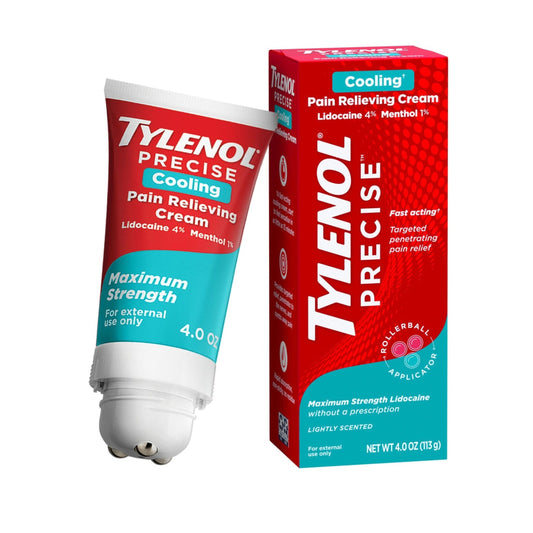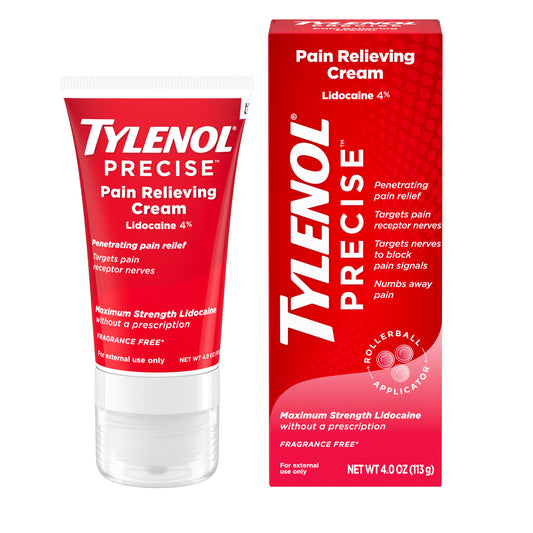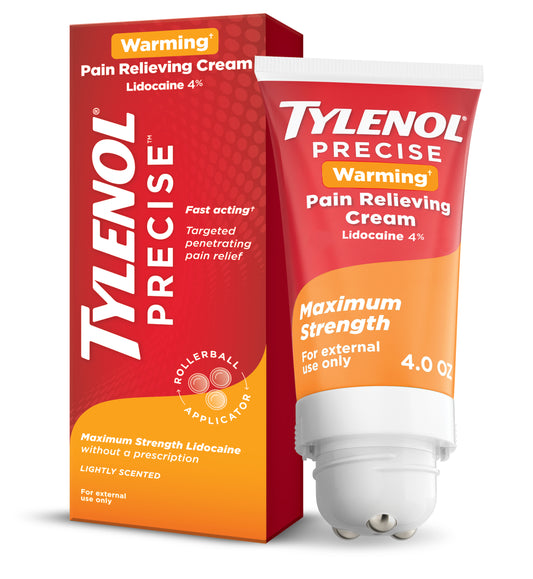-
Vendor:Tylenol
Precise Cooling Pain Relieving Cream, Maximum Strength Lidocaine & Menthol, 4 oz.
Regular price $12.99Regular priceUnit price per -
Vendor:Tylenol
Precise 4% Lidocaine Pain Relieving Cream, Fragrance Free, 4 oz.
Regular price $12.99Regular priceUnit price per -
Vendor:Tylenol
Precise Warming Pain Relief Cream, Fast-Acting, Maximum Strength Lidocaine, 4 oz.
Regular price $12.99Regular priceUnit price per

Q&A with Dr. Liss
What is menopause?

Q&A with Dr. Liss
What are the symptoms of perimenopause?
Learn
Browse menopause articles
We're getting real about hormones — because when it comes to managing your symptoms, knowledge is power.

Q&A with Dr. Liss, OB-GYN
Is there a special menopause diet I should be following?
What are signs perimenopause is ending?
What are the common symptoms of menopause?
What causes menopause?
How long does menopause typically last?
Can menopause hormone therapy (MHT) improve menopause symptoms?
Can menopause products help with vaginal dryness?


















